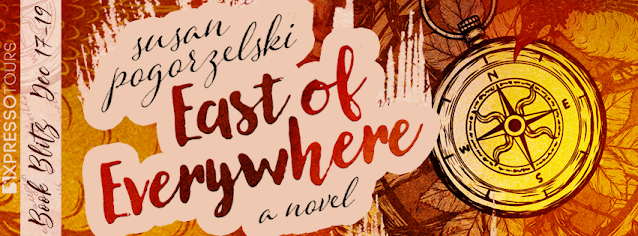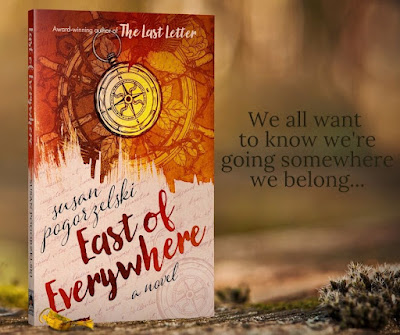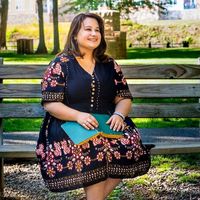

The town was on fire. The four o’clock sunlight filtered through a tangle of skeletal branches, its leaves already tinged gold and red, burning the brick exteriors of the buildings so the whole world looked ablaze. It reflected off car mirrors and flecks of dust in the asphalt, paving a path of scattered light as she pedaled past houses with white-shingled siding and painted shutters and swings tied to trees in the side yards. Broken pieces of colored chalk rolled into cracks in the sidewalk, a red wagon crushed purple mums in a flower bed, and milk bottles rattled as a woman shooed away stray cats from the porch steps.
Janie turned the corner and lifted her feet from the pedals of her bicycle, allowing the tips of her tennis shoes to skim the pavement, their leather already blackened and cracked from wear. The front wheel wobbled from the decrease in speed, and she tightened her grip on the handlebars and leaned to the side before pushing off the pavement again with one foot, letting the momentum carry her further down a new street—past a man in denim overalls raking leaves and white-haired ladies sipping lukewarm tea on front porches, she herself a whisper of a vision of which no one could be certain.
She didn’t know what she expected when she turned off the main road along the river and coasted around the mountain bend. Maybe another small town like the one she’d left behind or some thoroughfare to an anonymous city. But when she paused at the green wooden sign, its words etched in scratched gold paint, she thought it would be as good a place as any to pause and sleep and see what road came next.
Color and light and sound whizzed by her as she veered down another street and followed the road until the sidewalks widened and turned to brick. Storefronts with hand-sewn awnings and faded chalkboard signs pressed against front windows boasting sales and specials. On her left, a row of tall, elegant townhomes with large oak doors filled most of the block until they, too, gave way to a beauty shop, a five-and-dime, and a small café announcing a full chicken dinner for $1.65 and a beer for a quarter.
Janie closed her eyes and raised her head, imagining she could smell roasting chicken with rosemary or thyme, perhaps, and garlic string beans, mashed potatoes on the side. Her stomach twisted, a sharp pain to the center of her gut, and she quickly steered her bicycle to the other side of the street. A small garage, its doors lowered, boasted a pile of discarded tires and a red gas pump out front. A savings bank and post office advertised postage for letters home while a small grocer stacked canned goods in the window, a drooping maroon flag above the door. There was a tailor, a drugstore, and a bakery—the last in a line of shops displaying loaves of French bread in a wicker basket, pound cakes set on lace doilies and fruit tarts placed on stands beside it.
She veered closer to the bakery, the soles of her shoes skidding along the sidewalk as she rolled to a stop and stared at the display. She could distract herself from the dinners and canned goods and produce hidden behind closed doors, but she couldn’t ignore the sight of warm butter rolls, the crumbling coffee cakes, the cinnamon raisin loaves that taunted her from behind the glass. Something burned in the pit of her stomach—something deep and raw and wailing, threatening to break through to the surface. Cream cheese fillings and honey glazes and flakey, crusted breads warped her senses. They blurred her vision and tugged her memory forward until she was back in the kitchen at Anthers Hall, unwrapping fresh loaves on the counters where they cooled before breaking off the ends to tuck in a cloth napkin and hide behind the flour canister for Leo.
Leo…
“Closed up for the night.”
Janie whirled around, her eyes darting to the few cars that sat outside the shops before wandering up and down the empty sidewalk until she spied a tall, thin man dressed in coveralls across the street. He stood on the front porch of a large, yellow stucco house, a paintbrush in his hand.
“Today’s Sunday. Nothin’ open Sundays. Everybody’s gone home for supper.” The man shook his head and turned back to the porch columns, carefully raising and lowering his hand with every pass of the paintbrush. “Y’ain’t from around here.” His voice carried across the street, though he didn’t pause from his work. “I know everyone in Montours City, and you ain’t one of them. Which can only mean one thing: you ain’t from around here.”



























No comments:
Post a Comment